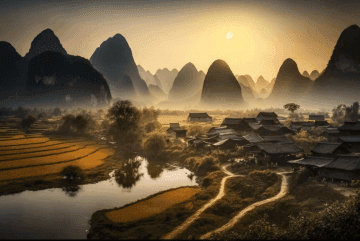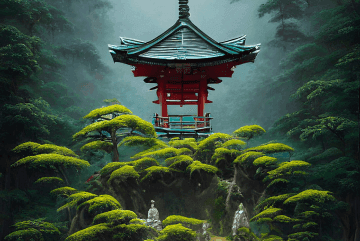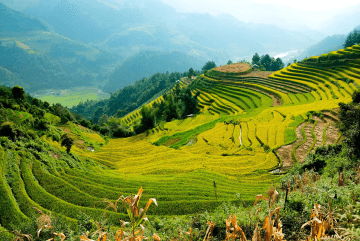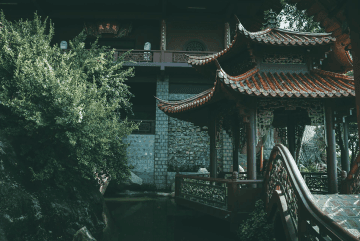A brief timeline of Indian Civilization

If we were to go with the understanding of Archeologists, then the Indian civilization is only 8500 years old but to its contradictory if we read the spiritual texts (the vedas), it stated that India civilization is more than 5 lakh years old.
In the third century BC. BC: The first civilization develops in the Indus valley
In the 2nd century BC. AD: The Aryans migrate to the south of the country and the Dravidian culture is born as well as the sacred texts and the caste system.
In the 1st century BC. AD: Buddhism and Jainism appear in India. It was the period of Emperor Ashoka's reign that spread Buddhism throughout the Maurya Empire.
From 1st to 3rd century: A great cultural mixture takes place and Hinduism becomes the dominant religion of the country.
From the 6th to the 15th century: Islam arrives in India and conflicts arise in several parts of the country including Rajasthan with the incessant fights of the Rajputs.
16th century: The Portuguese settle in Goa, which they will keep until 1961.
**16th to 18th century:**The Mughals control much of India. Their grandiose sovereignty is distinguished by the arts, architecture and literature. The great Mughal emperors particularly marked the cities of Delhi, Agra and Fatehpur Sikri.
17th century: The British East India Company is created and the first counters are installed in Gujarat then Madras, Bombay and Calcutta. During the same period, in 1673, the French seized Pondicherry, which they would keep until 1954.
1803-1947: India is completely under British control.
August 15, 1947: India becomes independent, but partition with Pakistan and Bangladesh is inevitable. Jawaharlal Nehru becomes the prime minister of the country. The following years were marked by the policy of Nehru, who had the perilous task of leading this young democratic republic.
January 30, 1948: Ghandi is assassinated by a Hindu fundamentalist. For more than 40 years, the Congress Party ruled the country thanks to its historic heritage. Despite the problems of corruption and party dysfunction, democracy takes hold and India becomes a great emerging power.
In 2010: India hosts the Commonwealth Games. The same year it welcomed 5.6 million tourists.
**May 2014:**Great political change begins in India’s democratic elections. Between community tensions and growing inequalities, India is in crisis and the Congress party suffers from its ineffectiveness. In search of hope, India wants to meet its modern challenges with a new man: Narendra Modi (BJP).
March 2020: India creates history by the successful implementation of world’s largest lockdown during COVID-19 outbreak.
May 2020: Another great international political event took place between India and China, as India confronts Chinese infiltration in Indian Territory and China is forced to move back to its original position on border.
Discover the culture of India:
Organize your tailor-made tour in India to visit palaces and historic forts of the country subcontinent.
Travel differently, travel better
Subscribe and receive our travel inspirations and practical advice twice a month.

Wanting to share your trip with a group?































































